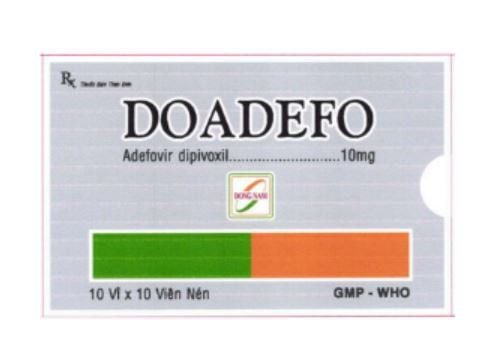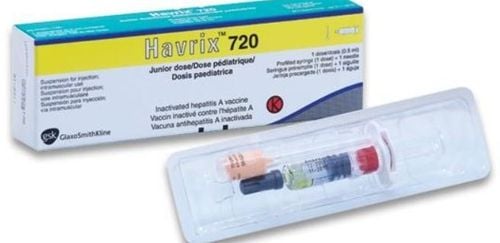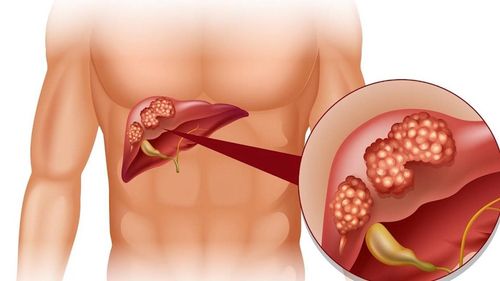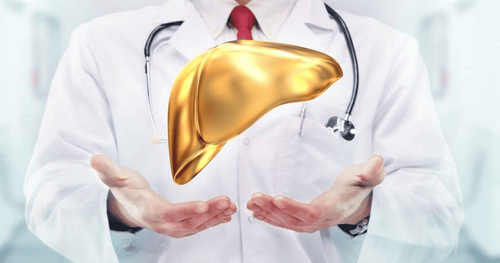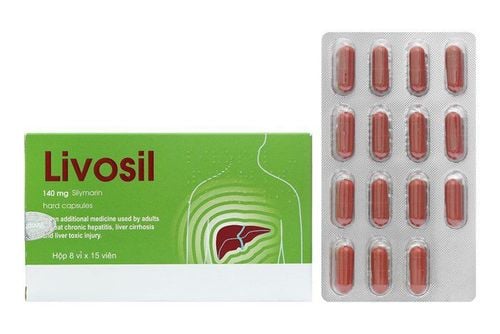This is an automatically translated article.
The article was professionally consulted by Specialist Doctor I Vo Thi Thuy Trang - Gastroenterologist, Department of Medical Examination & Internal Medicine - Vinmec Danang International Hospital. The doctor has many years of experience in the field of gastrointestinal endoscopy.The liver is an organ located in the abdomen, occupying a fairly large area in the right hypochondrium extending to the epigastrium. In normal patients, when examining the abdomen, the doctor often cannot feel the liver. Hepatomegaly is a term that refers to an increase in the size of the liver beyond the normal limits of the liver. This is not necessarily a specific disease but rather a suggestive sign of many different abnormalities of the body.
1. What is an enlarged liver?
The liver or liver is an organ that plays an important role in the digestive system and performs many different roles. The liver is the site of bile production, which aids in the digestion and absorption of food in the intestinal tract. In addition, the liver is also a place to produce many hormones that play a role in regulating homeostasis and other body activities. Another important function of the liver is detoxification, that is, removing harmful substances from the food, water or medicine that people use.Enlarged liver is not a name for a specific disease, but a symptom that suggests many different health problems of the body such as impaired liver cell function, chronic viral hepatitis, cirrhosis , congestive heart failure. Enlarged liver and splenomegaly may be associated abnormalities in some cases. People with hepatomegaly should be examined in a general way to find the cause and have appropriate treatment.
Trắc nghiệm: Làm thế nào để bảo vệ lá gan khỏe mạnh?
Làm test trắc nghiệm kiểm tra hiểu biết về gan có thể giúp bạn nhận thức rõ vai trò quan trọng của gan, từ đó có các biện pháp bảo vệ gan để phòng ngừa bệnh tật.2. Manifestations of an enlarged liver
Hepatomegaly is an increase in the size of the liver inside the abdomen, but hepatomegaly is not usually an isolated sign in a patient. People with abnormally enlarged liver may face various symptoms related to underlying medical conditions such as:Abdominal pain, dull pain in the upper right half of the abdomen Loss of appetite , not eating well Totally tired

3. Causes of an enlarged liver
The cause of an enlarged liver is a prerequisite for effective treatment in patients. An enlarged liver can be the result of many different medical conditions, which can include:Fatty liver in people who are obese or use a lot of alcohol Chronic viral hepatitis Chronic viral hepatitis Other infectious causes Autoimmune diseases Congenital disorders of metabolism of substances including proteins and fats Intrahepatic bile duct obstruction Liver tumors Primary liver cancer and liver cancer metastases from organs other organs in the body
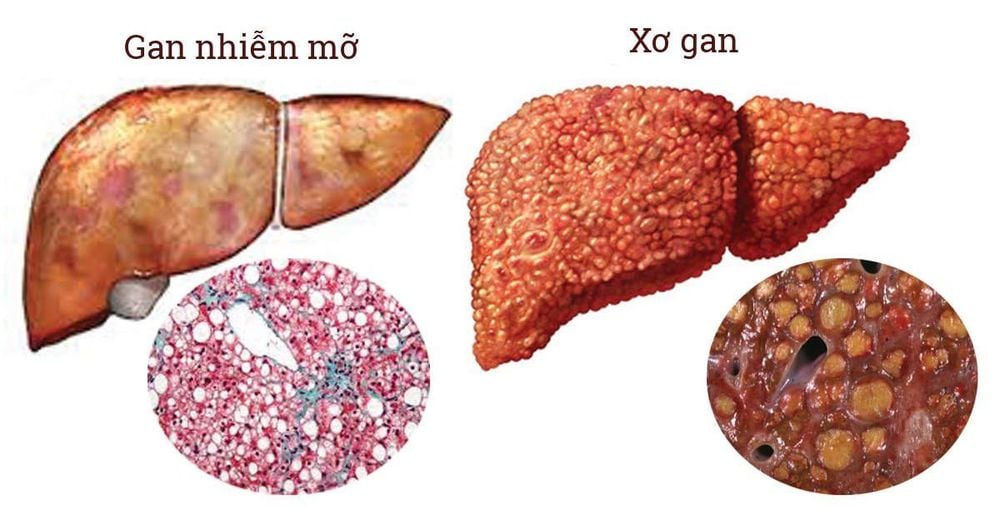
Abuse of alcohol Using a variety of herbs of unknown origin Taking too many vitamins and supplements on the market Taking drugs not according to the doctor's instructions such as increasing the dose or Use more than prescribed time Have some diseases such as malaria, viral infection causing hepatitis.
4. What to do when you have an enlarged liver?
Hepatomegaly is identified by physical examination by a physician. In these cases, the doctor may be able to feel part of the liver below the costal margin. In addition to determining the size of the liver, the doctor also evaluates the density of the underlying liver tissue, whether it is soft or rough with many masses. This can be a valuable suggestion to guide the diagnosis and follow-up laboratory tests to perform.After a clinical examination to determine whether or not hepatomegaly is present, the doctor will order and ask the patient to perform more procedures to look for the cause of the enlarged liver and possible complications. such as:
General blood count test Quantifying the concentration of liver enzymes in the blood: Liver enzymes are an indicator of the function and integrity of liver cells. Elevated liver enzymes mean liver cells are being destroyed. Quantitative tests for antigens and antibodies against hepatitis viruses such as HBsAg, anti-HBs, HCV-RNA, ... Abdominal ultrasound, liver elastography Ultrasound computed tomography Abdominal endoscopy Cholangiopancreatography upstream Hepatocyte biopsy: this is a test that plays a major role in diagnosing liver diseases that are the cause of hepatomegaly. The doctor uses a long needle to pierce the abdomen at the position corresponding to the liver. Withdrawal of the needle will bring out a corresponding liver tissue sample to evaluate its histopathological characteristics. Hepatocyte biopsies can be performed under imaging guidance such as ultrasound to obtain tissue samples at the site of investigation.
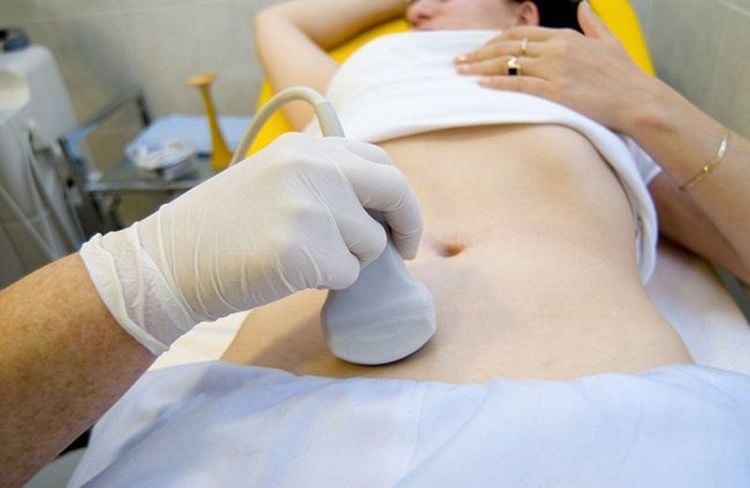
5. How does lifestyle affect an enlarged liver?
In addition to medical and surgical treatments, changes and adjustments in lifestyle play a big role in helping patients control the disease and improve their quality of life. Some measures that can be applied in people with enlarged liver include:Establish a healthy diet, ensure enough energy for the body, do not diet in an unscientific way. Add a lot of fiber and vitamins from fruits, vegetables and whole grains Maintain a reasonable weight, prevent overweight and obesity Do not smoke. If you are a smoker, you should contact the organization to participate in programs to help people quit smoking Limit the use of alcoholic beverages such as alcohol Avoid exposure to chemicals substances harmful to the body such as pesticides, chemical fertilizers, cleaning solutions Good treatment of chronic medical conditions such as diabetes, high blood pressure Consult a qualified doctor before using herbal medicines or dietary supplements.

Please dial HOTLINE for more information or register for an appointment HERE. Download MyVinmec app to make appointments faster and to manage your bookings easily.





